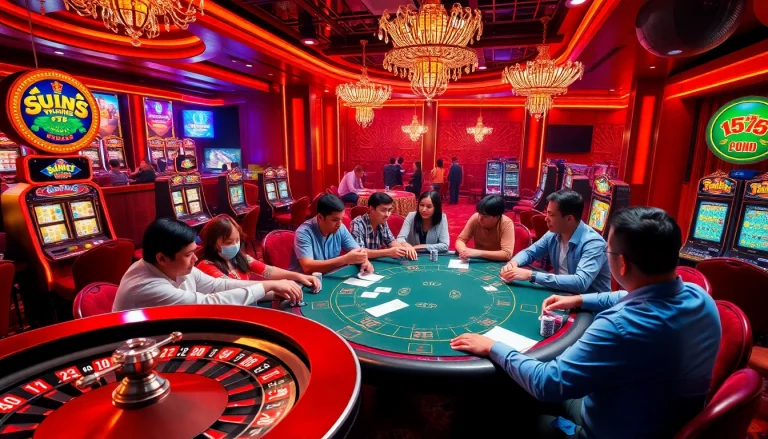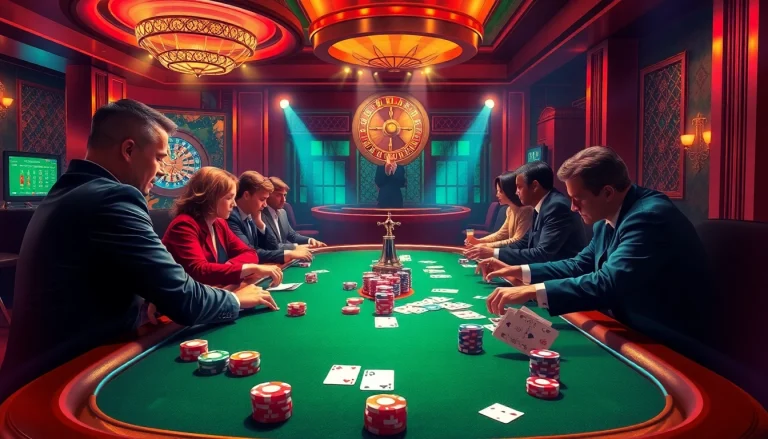The digital revolution has sparked many transformations across industries, but perhaps none as socially engaging and rapidly evolving as online gaming. What once was a niche hobby for a small group SAHAM TOTO tech enthusiasts has grown into a worldwide cultural movement, deeply integrated into how people play, connect, and even work.
From LAN Parties to Global Servers
In the early 2000s, multiplayer gaming primarily occurred through Local Area Networks (LAN), where players would physically gather to compete or collaborate. This era paved the way for global servers, allowing gamers from different continents to join forces in a matter of seconds. Titles like StarCraft, Diablo II, and Counter-Strike played vital roles in popularizing competitive multiplayer gameplay on a large scale.
The Social Layer of Online Gaming
Modern online games are no longer just about completing missions or achieving high scores—they’re social hubs. Platforms like Roblox, Fortnite, and Minecraft serve as digital playgrounds for users to hang out, host events, and even create their own in-game content. Voice chat, emotes, guild systems, and live concerts within games have blurred the line between gaming and social networking.
Monetization and the Free-to-Play Revolution
One of the most disruptive shifts in online gaming has been the rise of free-to-play models with in-game purchases. Games like League of Legends and Call of Duty: Warzone offer full experiences at no upfront cost, relying instead on cosmetic upgrades, battle passes, and loot boxes to generate revenue. This strategy has opened the doors to a wider audience while changing how developers design games for long-term engagement.
Gaming as a Career Path
With esports competitions offering millions in prize money and content creators turning gameplay into entertainment empires, online gaming has become a viable career. Streamers, shoutcasters, pro players, and game designers all contribute to a massive ecosystem that supports full-time livelihoods and global fanbases.
Conclusion
Online gaming is more than just a pastime—it’s a cornerstone of modern digital culture. With its ability to evolve with technology, respond to community feedback, and merge entertainment with social interaction, the industry shows no signs of slowing down. From casual mobile games to high-stakes global tournaments, online gaming continues to redefine what it means to play in the 21st century.

